Global Futures Scientists and Scholars
Entrepreneur Magazine: These are the reasons why you will return to your desk
The future of the office has become an open question after the coronavirus lockdown forced billions of people to work from home. Will office workers return to their cubicles with
Rethinking resources and conservation
An Arizona State University assistant professor says laws regarding natural resources on public land are antiquated and prevent voluntary conservation. “Use-it-or-lose-it requirements, together with narrow definitions of eligible uses, can
Announcing GFORS, the Global Futures Research Service
The Global Futures Office of Research Services (GFORS) is a virtual organization of the set of services required by members of the Julie Ann Wrigley Global Futures Laboratory to plan,
California wildfires make underground utilities an infrastructure priority
Despite years of declaring that conversion of high-voltage, long-distance electrical transmission lines to underground installation was cost prohibitive, Pacific Gas & Electric (PG&E) has announced plans to spend $20 billion
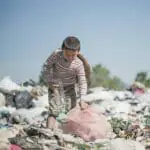
New paper positions waste pickers as models of environmental stewards for circular economy
A new paper published by a team from the Rob and Melani Walton Sustainability Solutions Service that includes College of Global Futures associate professor Rimjhim Aggarwal examines the culture and economy of waste pickers.
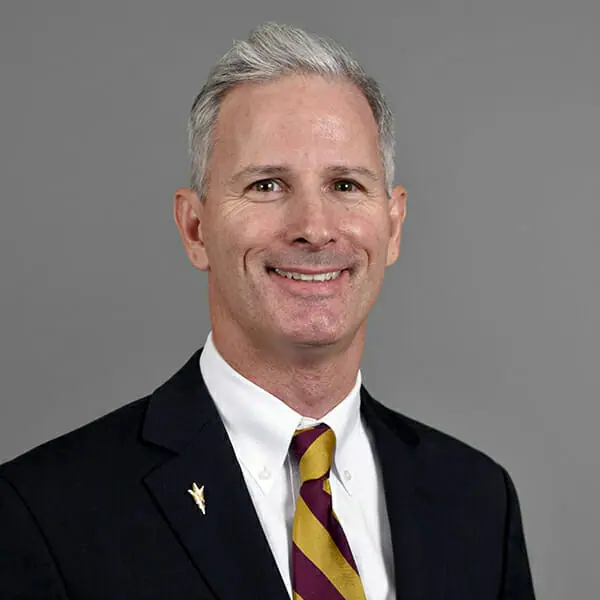
Dave White selected as Southwest chapter lead author for National Climate Assessment
White has been tapped by the White House Office of Science and Technology Policy to represent the Southwest region as chapter lead author for the Fifth U.S. National Climate Assessment.
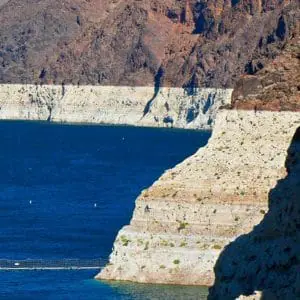
'Code-Red' megadrought is the Southwest's latest demand for collaborative innovation, says Dave White in Washington Post
According to White, addressing the complex water issues facing the Southwest will require bold solutions that match the scale of the challenges — nothing less than a water “moonshot.” The Washington Post reaches a readership of nearly 20 million.
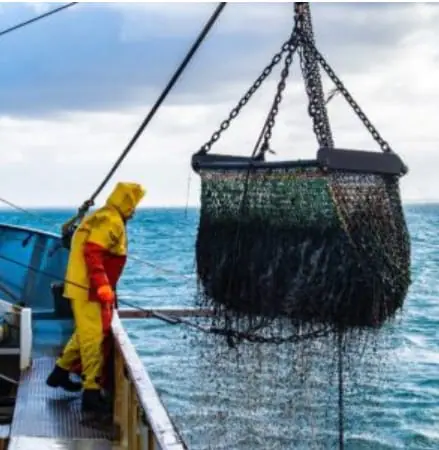
Can market interventions make coral reef fisheries more sustainable?
The health of coral reefs has taken a massive hit due to overfishing, pollution and climate change, which has had a grave impact on reef ecosystems and the people who depend on these reefs for food and job security.
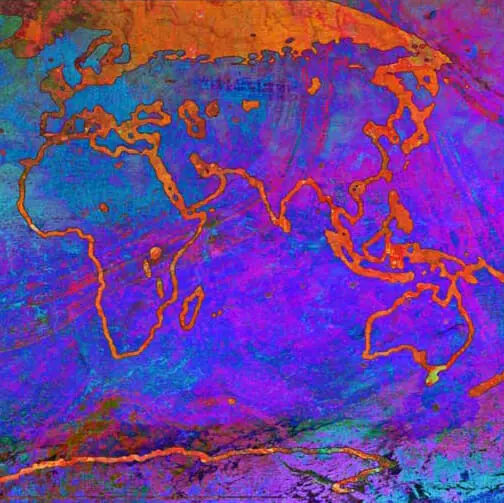
A response to the Working Group 1 contribution to the IPCC 6th Assessment Report
The first working group’s contribution to the 6th Assessment Report of the Intergovernmental Panel on Climate Change (IPCC), “The Physical Science Basis” released on August 9, comes at a moment
New study: Proportion of world population exposed to floods grows tenfold in 15 years
As climate change projections indicate that the proportion of the population exposed to floods will only increase in the next decade, new research uses satellite data to provide one of the clearest pictures to date of how floods are changing and who is at most risk.
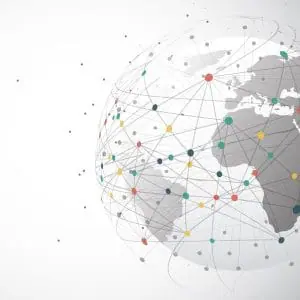
GFL program for post-docs: Please reply to survey
We are looking to identify post-docs who are working with faculty who are members of the scientists and scholars network. If you have a post-doc working with you, please complete this survey so we can follow up with you.
ASU scientists use commercial satellite data to determine water flow in Southwestern rivers
NASA has funded an ASU project to use commercial CubeSat data to determine the presence of water in arid and semiarid rivers in California and Arizona.